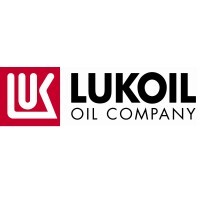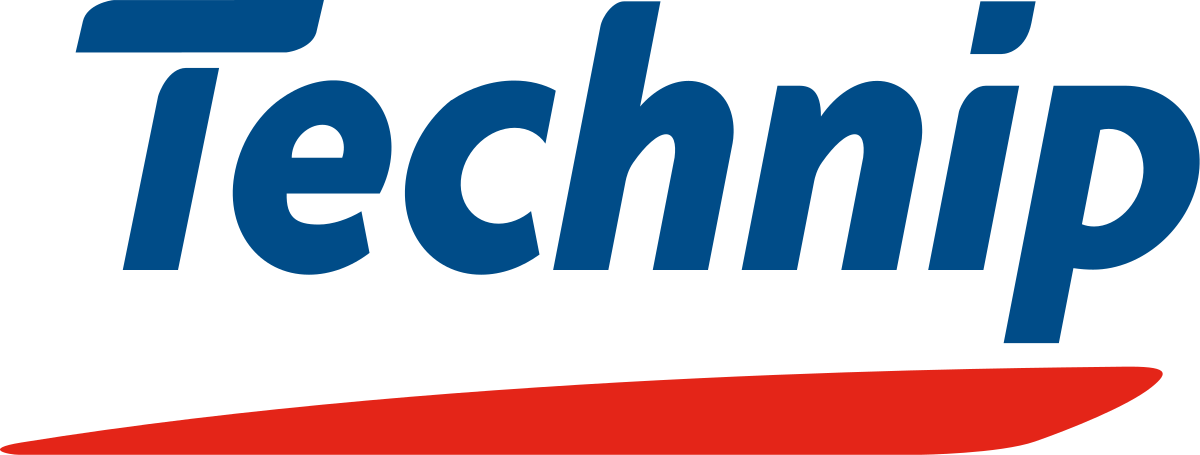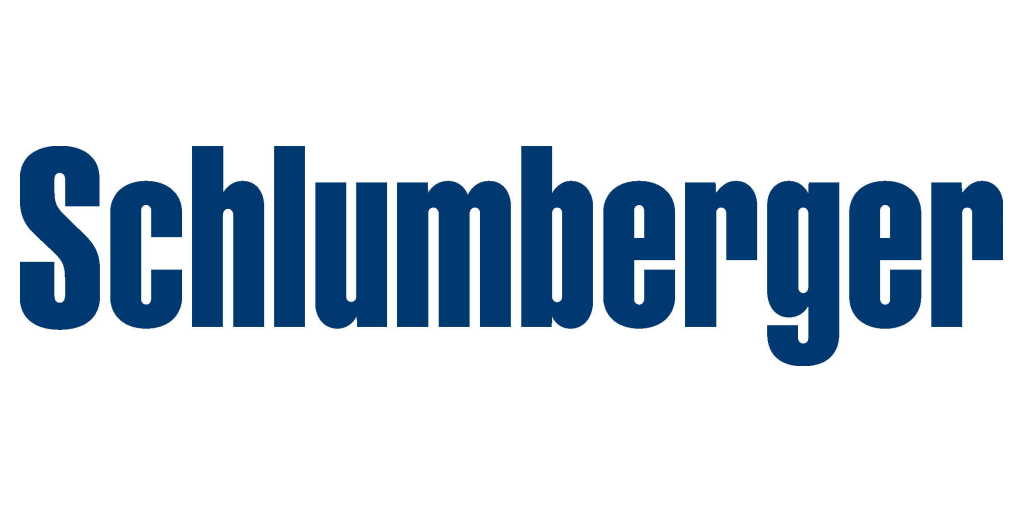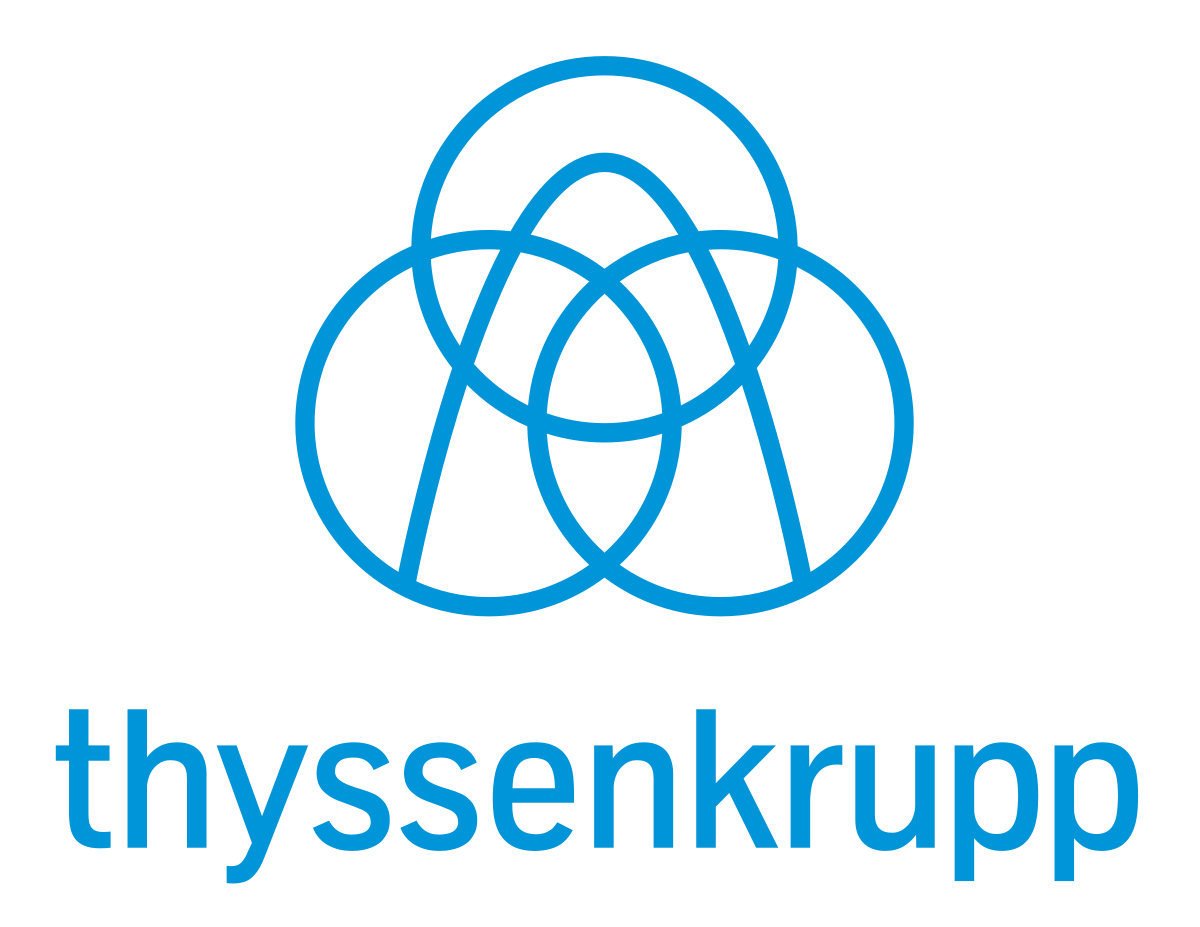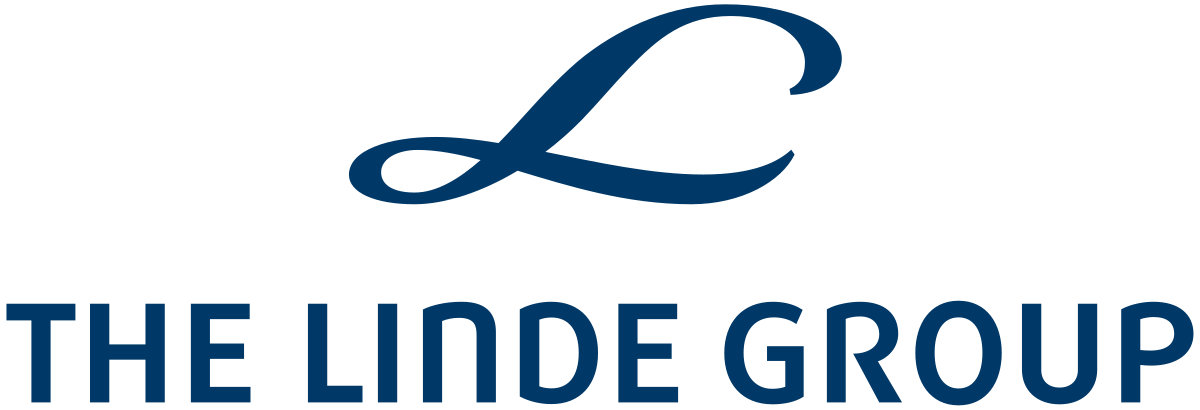The Eurasian Customs Union, which began in October 2007, represents a mutually beneficial partnership between several states that regularly trade with each other. The certificate of the Customs Union is a mandatory document for goods, raw materials, and equipment inside the union. The advantage of this association between Russia, Kazakhstan, Belarus, Kyrgyzstan and Armenia, is a significant facilitation of trade activity through the reduction or complete elimination of customs duties.
What is the certificate of the Customs Union?
In order to ensure proper control over the quality of goods moving between the member states of the Customs Union, a modern system for their certification has been developed, determining compliance with all applicable standards. Benefits of Eurasian Customs Union in terms of certification:
- One certificate valid within 5 member states;
- Time efficiency of the certification procedure;
- Acceleration of trade turnover between countries, which has a positive impact on their economies;
- A significant increase in the volume of sales for individual companies and the emergence of prospects for their development.
Russian Certification Body SERCONS has full accreditation, which allows us to provide services for obtaining a certificate under the 32 technical regulations of the Customs Union.
Our Accreditation
SERCONS is accredited to issue certification for products to verify their compliance with the requirements of the technical regulations of the Customs Union for:
- ТR CU 004/2011 “On safety of low-voltage equipment”
- TR CU 005/2011 “On safety of packaging”
- TR CU 007/2011 “On safety of products intended for children and adolescents”
- TR CU 008/2011 “On safety of toys”
- TR CU 009/2011 “On safety of perfumes and cosmetics”
- TR CU 010/2011 “On safety of machinery and equipment”
- TR CU 011/2011 “On safety of elevators”
- TR CU 012/2011 “On safety of equipment intended for use in explosive atmospheres”
- ТР CU 015/2011 “On safety of grain”
- TR CU 016/2011 “On safety of devices operating on gaseous fuels”
- ТR CU 017/2011 “On safety of light industry products”
- ТR CU 018/2011 “On safety of wheeled vehicles”
- TR CU 019/2011 “On safety of personal protective equipment”
- TR CU 020/2011 “On electromagnetic compatibility of technical means”
- TR CU 021/2011 “On food safety”
- TR CU 022/2011 “On food products in terms of their marking”
- TR CU 023/2011 “On fruit and vegetable juice products“
- TR CU 024/2011 “On oil and fat products “
- ТR CU 025/2012 “On safety of furniture products“
- TR CU 029/2012 “On safety requirements for food additives, flavors and technological aids”
- TR CU 030/2012 “On safety requirements for lubricants, oils and special liquids”
- TR CU 031/2012 “On safety of agricultural and timber”
- TR CU 032/2013 “On safety of equipment operating under excessive pressure”
- TR CU 033/2013 “On safety of milk and dairy products”
- TR CU 034/2013 “On safety of meat and meat products”
- TR EAEU 037/2016 “On limiting the use of hazardous substances in electrical and electronic products”
- TR CU 038/2016 “On safety of attractions”
- TR CU 040/2016 “On safety of fish and fish products”
- TR EAEU 042/2017 “On safety of equipment for children’s playgrounds”
- TR EAEU 043/2017 “On safety requirements for fire safety and firefighting devices”
- TR EAEU 044/2017 “On safety of packaged water, including natural mineral water”
- TR EAEU 048/2019 “On requirements for the energy efficiency of energy-consuming devices”
Important: The Certificate of Conformity of the Technical Regulations of the Customs Union can be formalized both for goods produced by the countries of the Customs Union and of foreign manufacturers.
Who should carry out the registration of the certificate of conformity of the Customs Union?
The certificate of conformity for the Customs Union is mandatory for producers of various products. Therefore a trading company or a manufacturing company needs to follow three simple steps:
- Check whether the product being sold is included in the Unified List of goods subject to certification;
- Pass the procedure for issuing a document confirming compliance with GOST or technical regulations;
- Obtain a certificate that gives a number of benefits – Including preferential terms for its transportation and distribution within the countries of the Customs Union.
How to get an EAC Certificate of Conformity of the Customs Union?
The procedure for obtaining the certificate can be carried out according to the following schemes:
- Depending on how many products a manufacturer imports into a particular country of the Customs Union, the document can be obtained both for serially produced products and for each lot separately;
- During the process of certificate registration, certain groups of goods are subject to mandatory testing in accredited laboratories;
- An application for certificate registration can be made not only by the manufacturer of the product, but also the distributor who sells the goods to any of the Eurasian Customs Union member states.
In order to receive the quotation, the following information is required:
- Name of product;
- Detailed product description and manual for its operation;
- HS Code (Customs Code);
- Address of the manufacturer;
- Contract for the supply of goods, concluded between the manufacturer and the seller/distributor.
Liability provided for trading without a certificate of conformity
The current legislation provides for administrative liability for violation of the rules of trade for the sale of goods without a certificate of the Customs Union. But the penalties are only part of the punishment. In addition, the violator simply will not be able to cross the border of the vehicle with the goods that did not pass all necessary checks for compliance with GOSTs and technical regulations. Also, sales of these products will be substantially limited, which could lead to significant losses.

